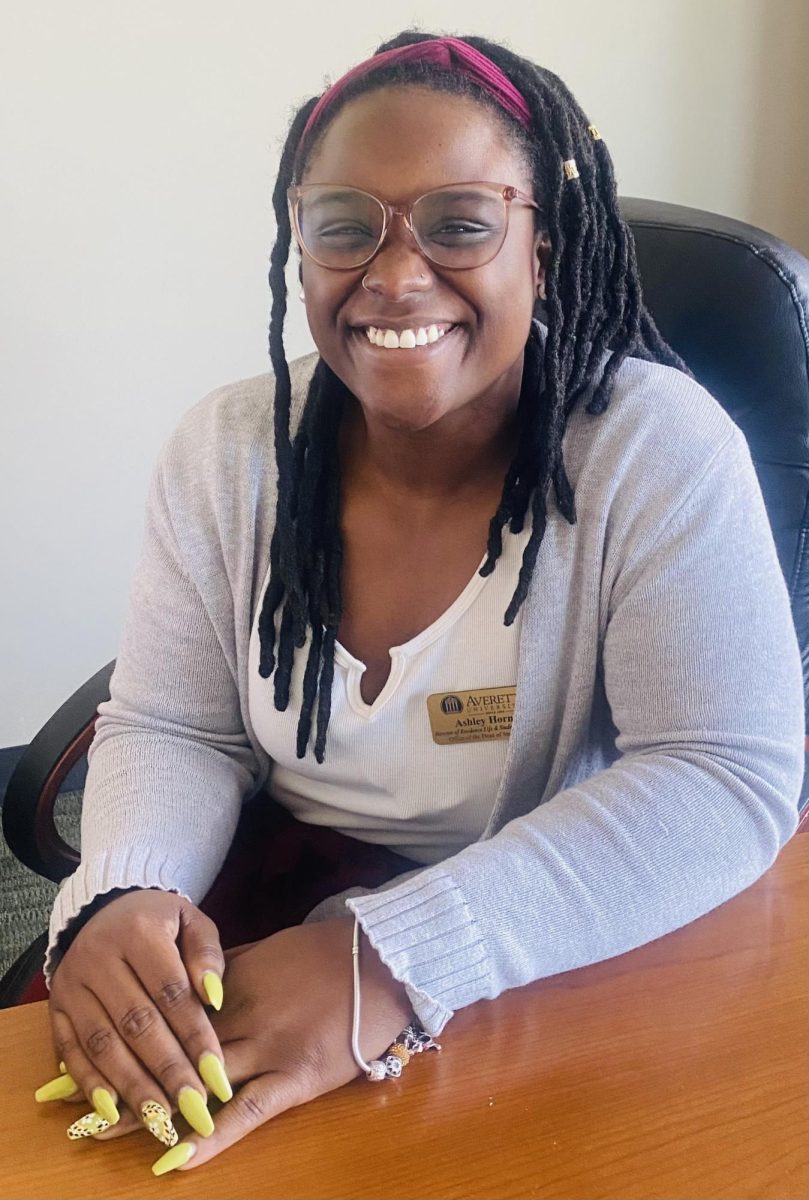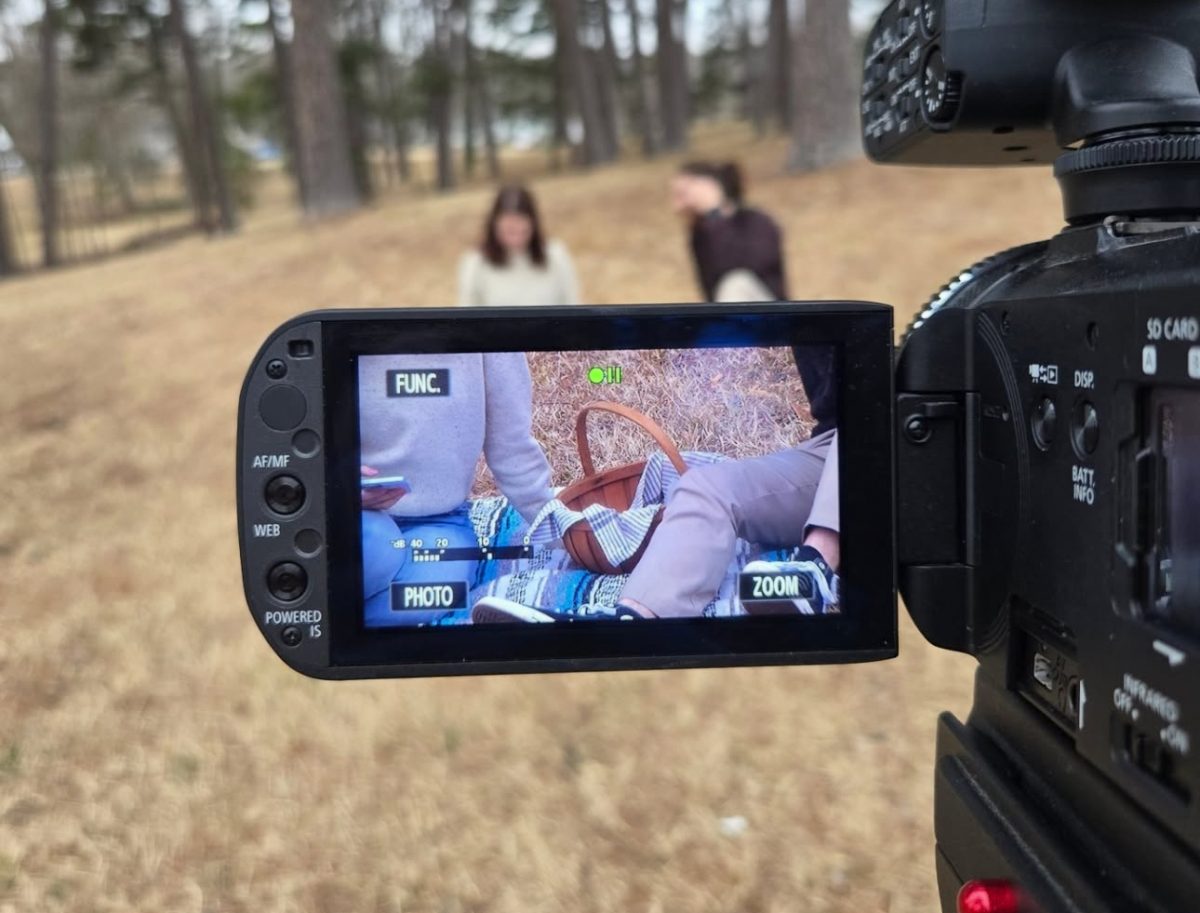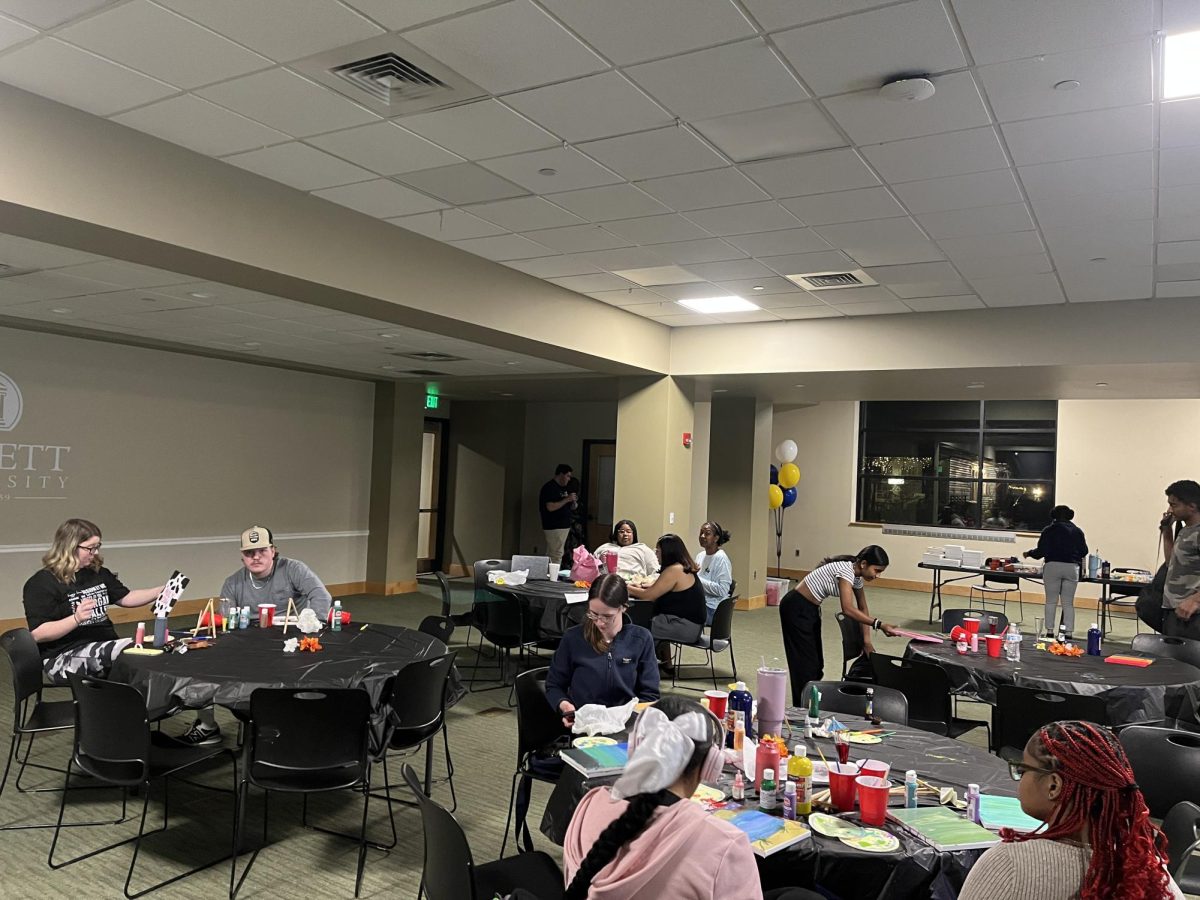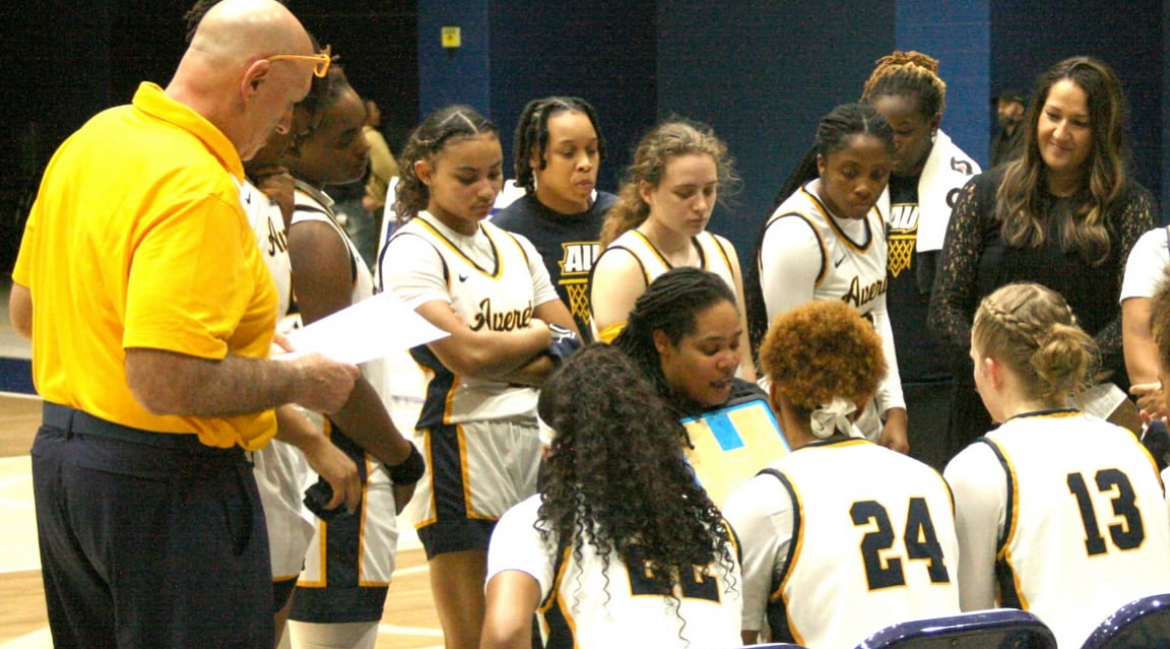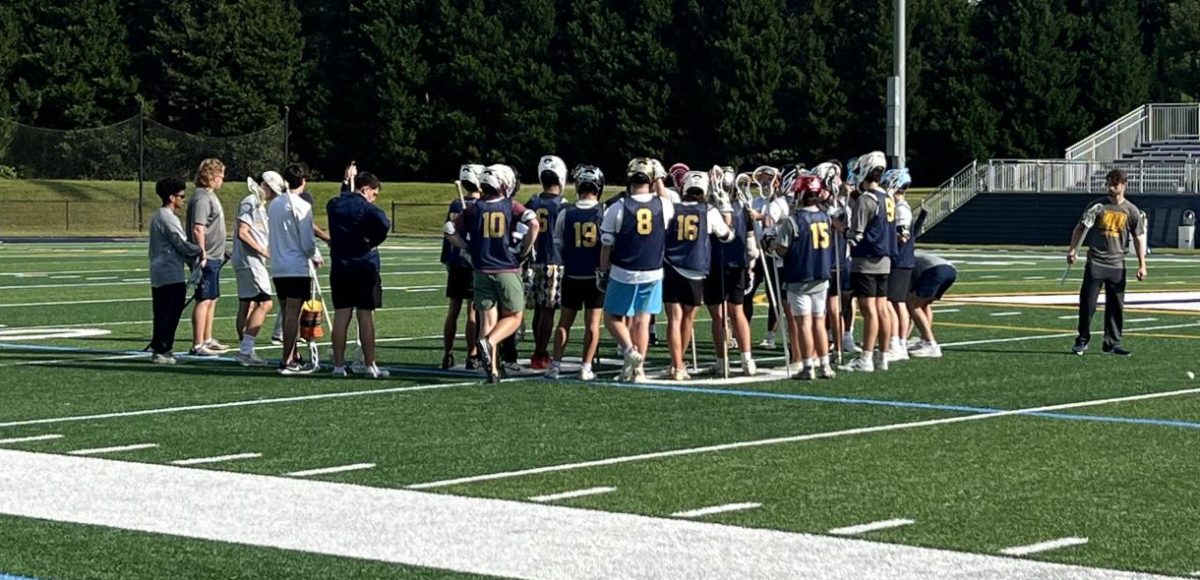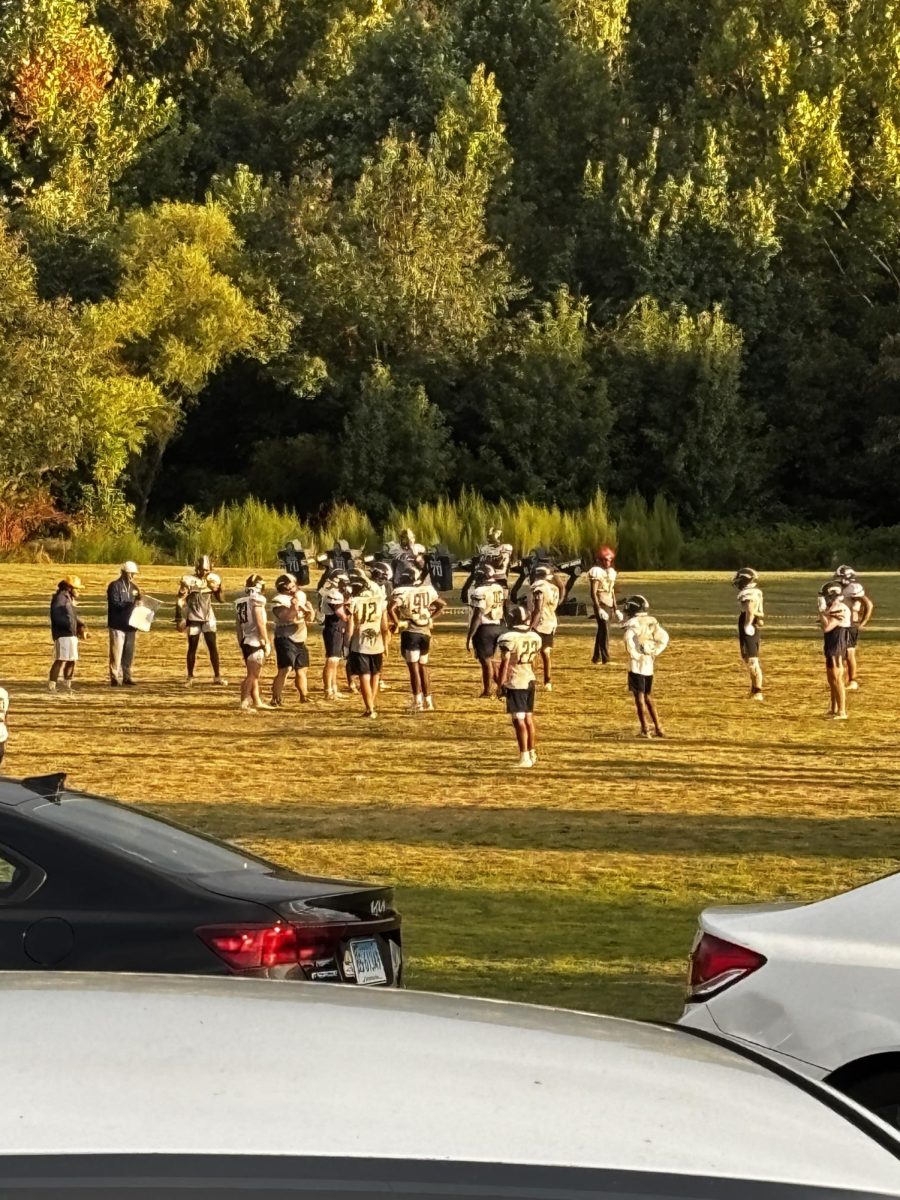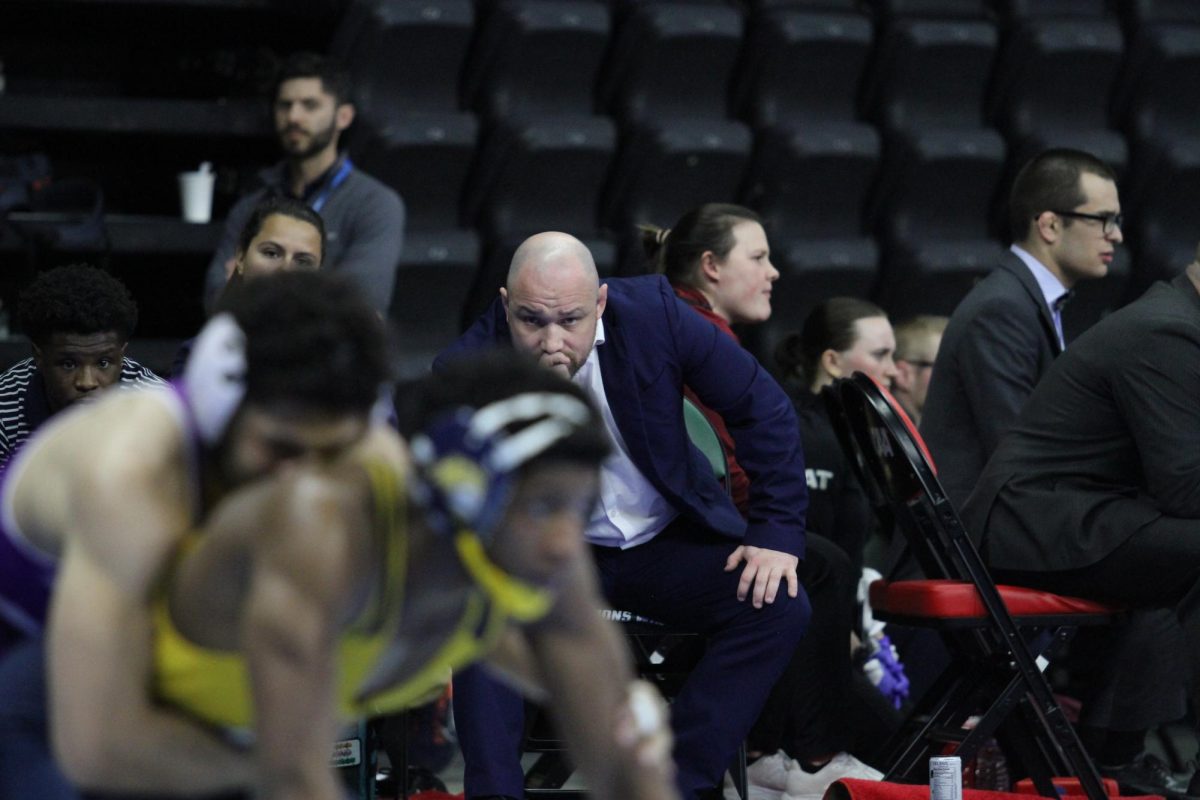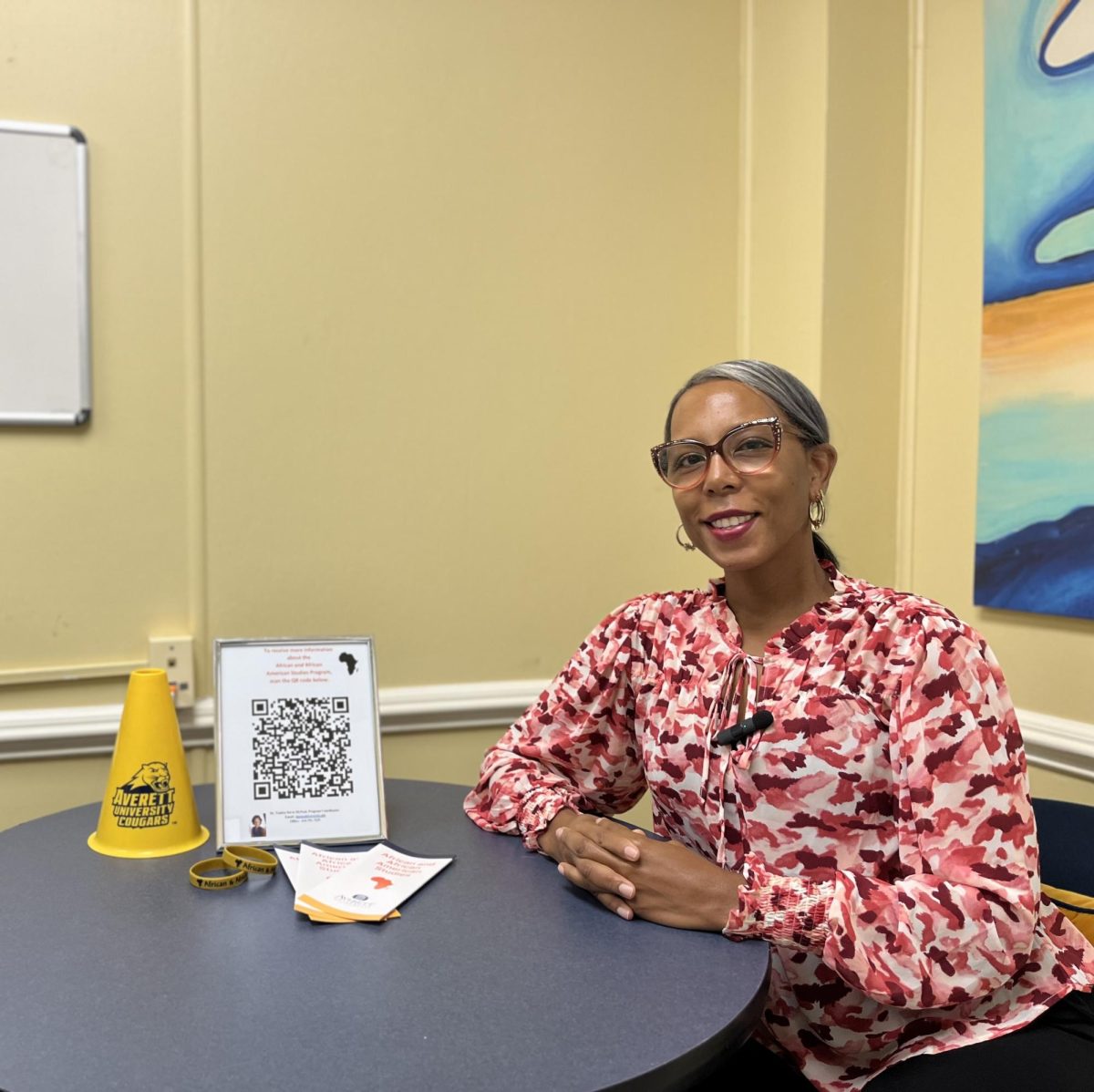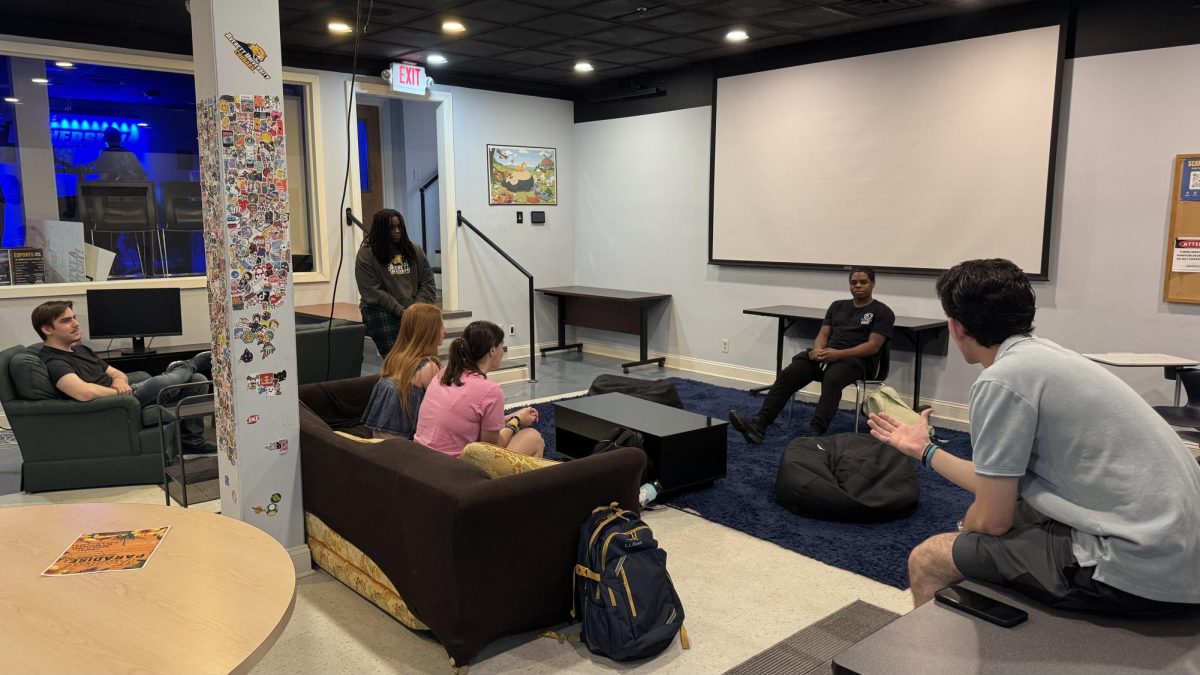As class registration approaches at Averett, students are encouraged to consider the African and African American Studies (AFAM) minor, a program designed to expand cultural awareness and
provide a deeper understanding of global African and African American experiences.
Dr. Tonitta Davis McNeal, program director of the AFAM minor, highlighted the significance of the minor, which not only helps build a focused body of knowledge but also helps students develop cultural sensitivity an increasingly important skill in today’s diverse world.
“The AFAM minor is about more than just learning facts it’s about building cultural empathy and awareness,” McNeal said. “In today’s world, these are skills every student can benefit from,
no matter what field they go into.”
The AFAM minor at Averett delves into the history and culture of people of African descent, not just in the United States, but across the globe. The program comprises 18 credit hours, spread
across six courses, and offers a comprehensive exploration of the contributions, challenges, and histories of African and African American communities. According to McNeal, this expansive
approach allows students to see beyond the borders of the U.S. and understand the global significance of African cultures.
“It’s important for students to realize that this isn’t just about African American history in the U.S.,” McNeal explained. “We’re looking at the global impact and contributions of people of
African descent, which adds a broader, more inclusive perspective.”
One of the most exciting aspects of the AFAM minor is its interdisciplinary nature. Faculty members from various departments, including English, health and sports sciences, social sciences, and criminal justice, contribute to the program, offering a variety of academic perspectives on African and African American topics. This allows students to approach the subject matter from different angles, enriching their overall educational experience.
“We have faculty from a variety of fields teaching in this minor,” McNeal said. “That’s what makes it so versatile students get to explore these topics through multiple perspectives, which
enhances their overall learning experience.”
In addition to coursework, students enrolled in the AFAM minor are encouraged to participate in a range of cultural activities, such as guest lectures, film screenings, and community events.
These activities help bridge the gap between classroom learning and real-world application, encouraging students to actively engage with issues related to race, identity, and social justice.
“We want students to see that the issues we talk about in class are happening in the world around them,” McNeal said. “These events help connect the classroom to the community, encouraging
students to get involved and think critically about social issues.”
Courses in the AFAM minor often tackle sensitive topics like race and culture, which can sometimes lead to difficult conversations. However, McNeal praised the university’s faculty for
their ability to guide these discussions with care and professionalism. By addressing these complex issues in a supportive environment, students learn how to navigate conversations about
race and culture in ways that promote understanding and respect “Our professors do an excellent job of creating spaces where students feel comfortable discussing tough topics,” McNeal said.
“These conversations help students grow, and they’re better prepared for the real world because of it.”
One of the key benefits of the AFAM minor is its flexibility. Students from any major can incorporate AFAM courses into their schedule, even if they don’t plan on completing the full
minor. Whether they are freshmen or seniors, there is room in most students’ academic paths to take at least one or two AFAM courses as electives, providing them with valuable knowledge
and skills.
“Even if students don’t want to declare the minor, they can still benefit from taking a class or two,” McNeal explained. “These courses are designed to fit into any student’s schedule, whether
they’re just starting or getting ready to graduate.”
For students interested in learning more about the African and African American Studies minor, McNeal encourages them to speak with their faculty advisor or reach out to her directly. The
university’s academic advisors are well-versed in helping students integrate minors into their degree plans and maximize its benefits.
“We’re here to support students at every step of the way,” McNeal concluded. “Whether they’re interested in the minor or just curious about taking a class, we encourage them to explore what
the program offers.”
As Averett prepares for the upcoming class registration, students are encouraged to consider how the African and African American Studies minor can broaden their perspectives, enhance their
academic journey, and equip them with the tools to navigate an increasingly diverse world.


